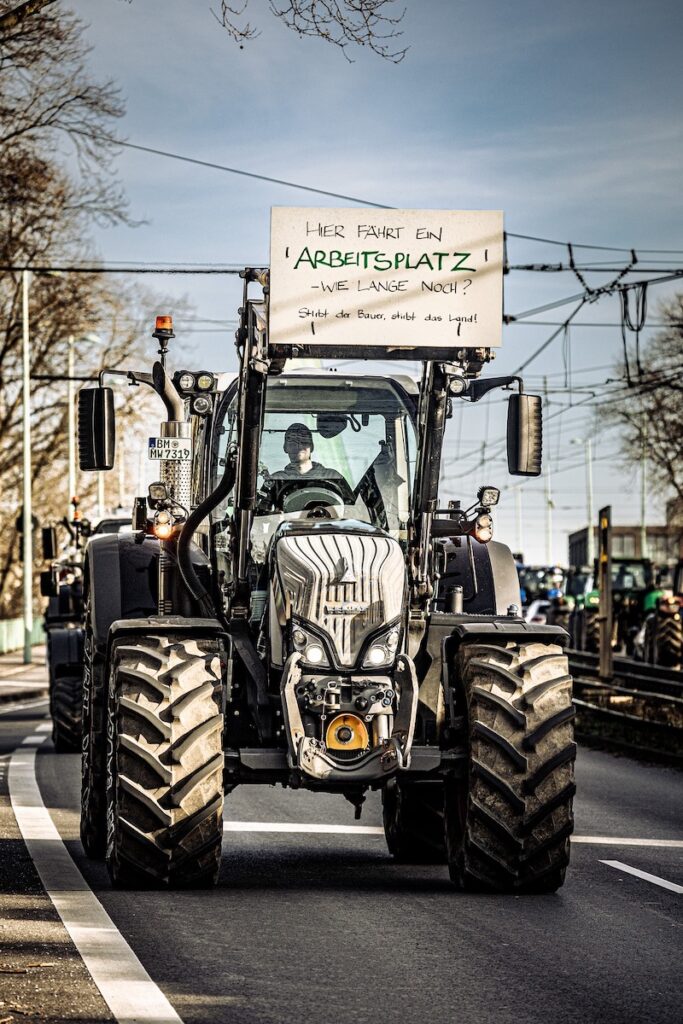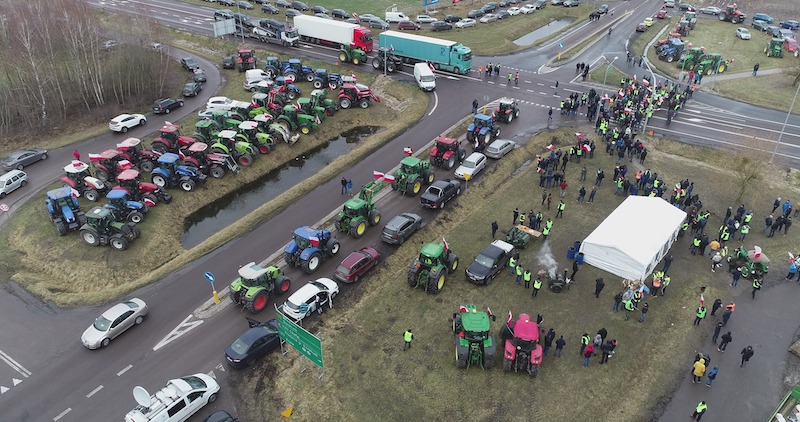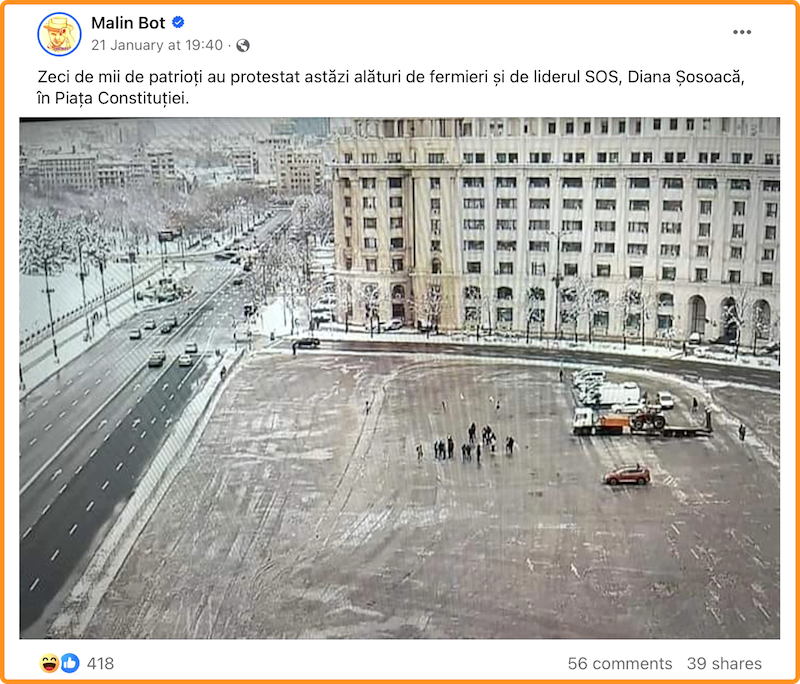Farmers are protesting across Europe, and the far right is championing their cause. In reality, the protectionist narrative of the protestors clashes with the neoliberal economic agendas of some examples of the extreme right, explains Guillermo Fernández-Vázquez, author of ‘What to do with the extreme right in Europe. The case of the National Front’.
We are seeing widespread protests among farmers across Europe. How is the far right exploiting these protests?
Almost all European far-right groups are proposing what they call ‘protecting’ the sectors of the economy which they consider strategic from a national or purely electoral point of view. They complain that the EU imposes too many controls, which makes the primary sector uncompetitive in respect to third countries.
What is the situation in Spain?
In Spain it is quite striking: [far-right party] Vox, in its attempt to become the party of the farmers, is the one most publicly highlighting the demands of the agriculture sector, which complains about competition from North Africa. In the last elections, Vox electoral posters in the countryside, apart from the general slogan ‘Vote what matters’, there was another that said ‘Vota Vox, vota campo’ (Vote Vox, vote for the countryside). It was very obvious that Vox wanted to be identified as a party of the farmers. But this is a protectionist narrative that clashes with the liberal economic measures in their party programme.
How does this duality between protectionism and liberal economic measures clash?
The European radical right (with the exception of France), has put much more emphasis on cultural identity than on economy. The economy was an excuse to talk about their main problem: immigration. And this is still happening.
For example, in Castilla y León, where Vox holds the vice-presidency, on the one hand they publicise this protectionist discourse and at the same time they push for classically neoliberal measures in parliamentary votes, such as eliminating subsidies to employers and trade unions. In reality, it is a project that is still quite incoherent economically. It creates difficulties between the more clearly liberal wing and other discourses that sometimes emerge. There is a discordant polyphony.






